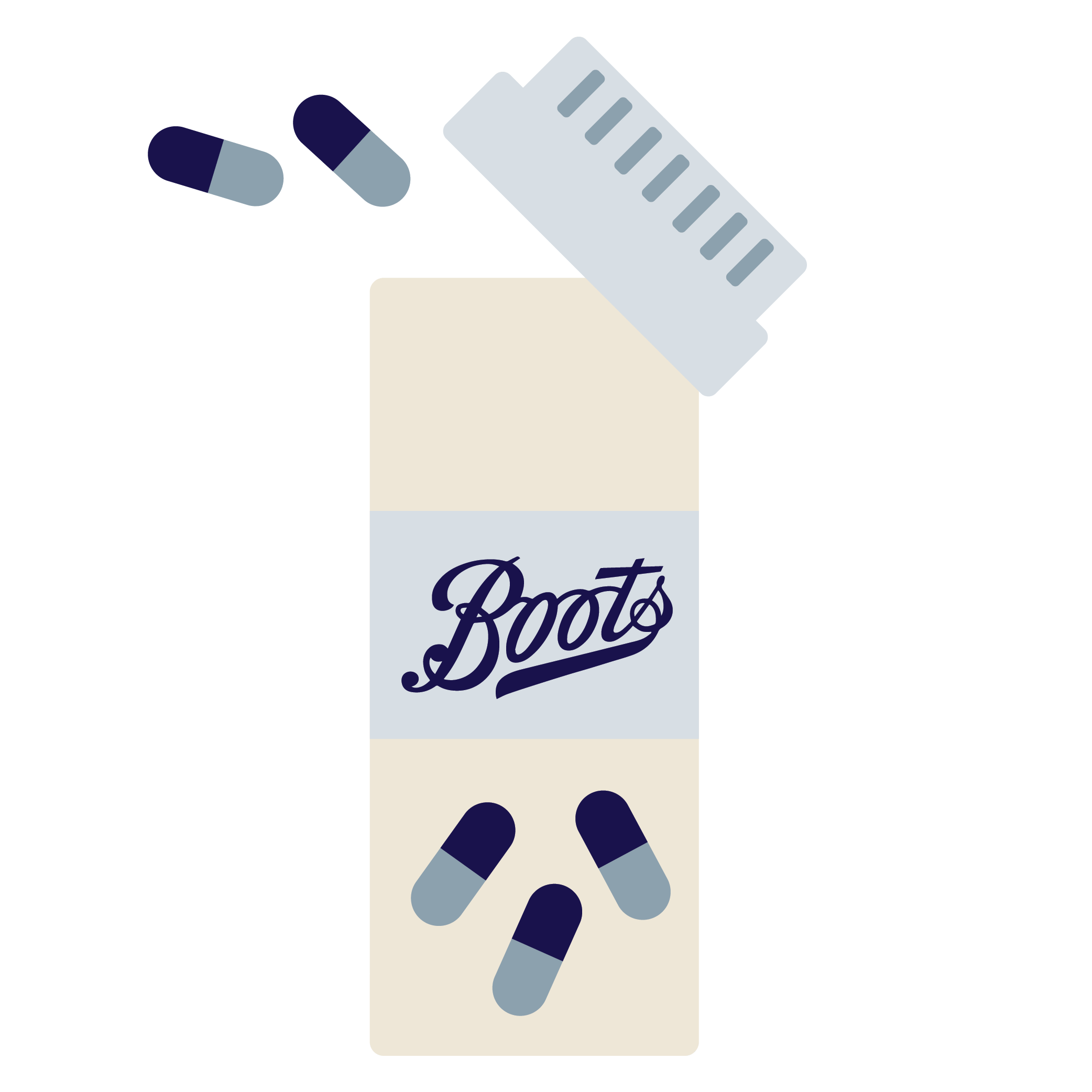
ECZEMA — WHAT YOU NEED TO KNOW
What is eczema?
Eczema is a condition that causes your skin to become inflamed, leaving it itchy, dry and cracked. The most common form is atopic eczema.
Atopic eczema is more common in children but adults can develop it too. It’s a long-term condition but some children find their symptoms get better as they grow up. You must be at least 18 years old to use this service.
People with atopic eczema often also experience hayfever and asthma.

What are the symptoms of atopic eczema?
You can experience eczema all over your body but it tends to flare-up on the hands, neck, insides of elbows, backs of knees, and cheeks.
Symptoms differ from person to person but they generally include inflamed, dry and itchy skin; and cracked and bleeding skin.
You’ll probably notice periods when your symptoms get better and periods where you have more flare-ups.
What are the causes of atopic eczema?
We can’t say for sure what causes eczema, but it’s probably a combination of your genes and environment. This means it tends to run in families and can be brought on by certain environmental and emotional triggers like animal hair or stress.
Your skin acts as a protective barrier. But if you have eczema your skin barrier is less effective. This leads to inflammatory reactions that cause your skin to become red, itchy and irritated.
What are common triggers of atopic eczema?
Certain triggers might set off a flare-up on your skin. These will be different for everyone but some common triggers to look out for include: soaps and detergents; food allergies; damp, mouldy conditions or cold and dry weather; allergens such as pet fur and pollen; certain fabrics; hormonal changes in women; and skin infections.
By keeping track of what things set off your flare-ups, you can try to avoid them in the future. It’s a good idea to make sure you’ve got your treatment to hand.
Page last reviewed by: Dr. Christina Hennessey 21/06/2021

